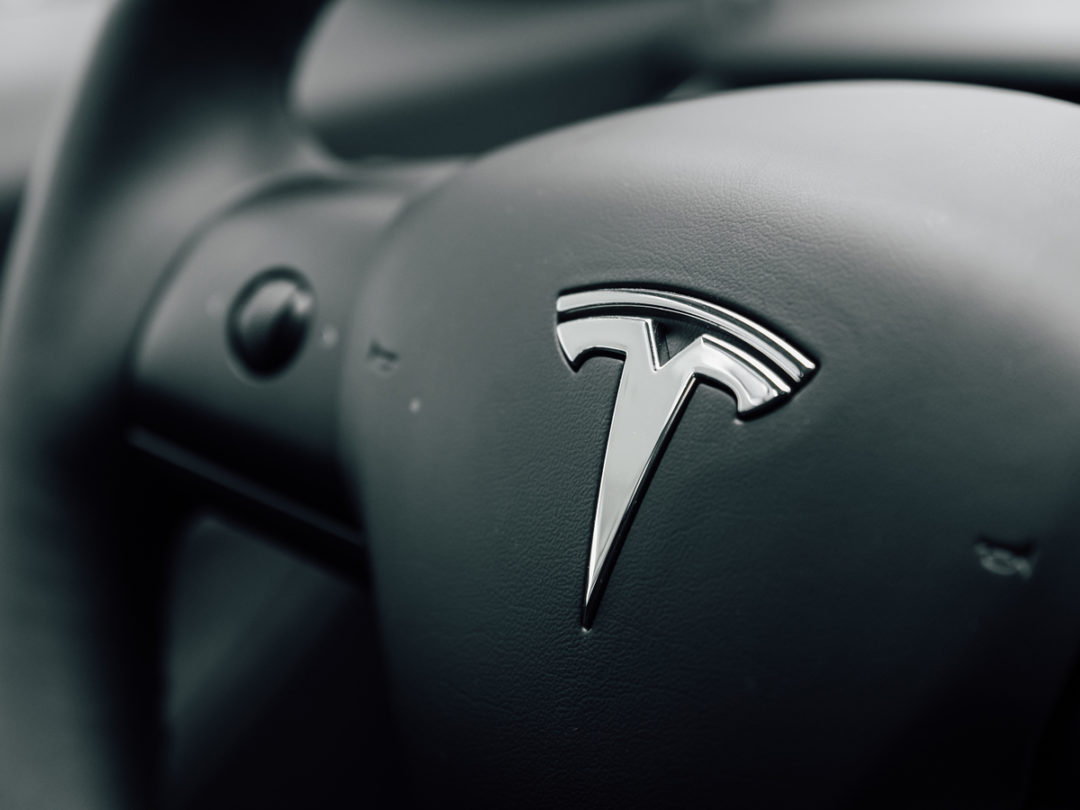
Home » Tesla's New China Plant Comes at a Fateful Time
Tesla's New China Plant Comes at a Fateful Time

January 8, 2019
After four years of planning, Tesla Inc. is finally breaking ground on its $5bn factory in the world’s biggest auto market. But the timing couldn’t be more inauspicious.
Chief Executive Officer Elon Musk was in Shanghai Monday to lay the foundation for what would be the electric-vehicle maker’s first car-manufacturing facility outside the U.S. While the event marks a new journey for Tesla, it comes at a point where China’s economy is showing signs of strain amid the trade war with the U.S.
In China, the billionaire-entrepreneur faces a car market that probably shrank last year for the first time in at least two decades as uncertainties surrounding the trade fight between the world’s two biggest economies, signs of weakening domestic demand and a stock-market slump take their toll on consumers. The challenging environment also includes competition from several startups that all want to be like Tesla.
The China plant is the result of years of negotiations with local authorities, and marks somewhat of a personal triumph for Musk who faced a disastrous 2018. The U.S. Securities and Exchange Commission moved to punish Tesla last year after his infamous “ funding secured” tweet, with fines and a settlement that required corporate governance reforms. It also comes on the back of Tesla’s ability to ramp up production of Model 3 sedans, marking the beginning of a turn in market sentiment.
A local Chinese plant may be crucial for Tesla, which is struggling to stave off a potential dip in demand in the U.S., its biggest market, after reductions in federal tax credits for EVs. The company cut the price of all its models by $2,000 to partially offset the loss of the subsidy.
A fully owned facility also would mean Tesla won’t need to share its profits and technology with Chinese partners, unlike other foreign carmakers who are required to form a domestic joint venture.
Domestic production would help shield Tesla against import duties as the U.S. and China find ways to wriggle out of the tariff quandary. The two sides have called a truce in their trade fight and are engaged in talks to cool tensions, with China temporarily scrapping a retaliatory 25 percent tariff on U.S.-made cars starting Jan. 1.
At the height of the dispute, when China imposed the additional duty on American-made autos, Tesla sales in the Asian country — which is its second-largest market — plunged to as low as 211 in October, from 3,552 in June, according to data compiled by Bloomberg Intelligence. In November, they clocked 393.
But the drop in the sales isn’t just a direct effect of the trade war, which is why Monday’s groundbreaking comes at an uncertain time.
Equity losses in China last year wiped out more than $2tr of wealth, denting consumer appetite for luxury goods. Apple triggered global equity losses last week when it said slackening Chinese demand spurred it to cut its revenue outlook for the first time in almost two decades.
Passenger car sales in the world’s second-largest economy declined for six consecutive months through November, putting them on track for the annual decline. A key China PMI index fell below 50 in December to its lowest reading since May 2017, signaling weakening demand in the $12.2tr economy.
Tesla signed a preliminary agreement with the Shanghai government last year to build the 500,000-unit factory in the Chinese city. In October, it said it paid about $140m to secure more than 200 acres of land for the planned Gigafactory 3.
The facility is expected to churn out about 250,000 vehicles annually at first — the Model 3 and the planned Model Y — and that capacity will double over time. Tesla, which has said it plans to use mostly local debt to fund the factory, plans to start production this year.
Tesla may initially start off with a general assembly facility and investors shouldn’t expect production to start in 2019, according to Maynard Um, an analyst at Macquarie Capital (USA) Inc.
“While this may not produce the same tariff reduction benefits, we expect there would still be some model benefit, particularly as the company vertically integrates supply chain within China,” Um wrote in a note on Jan. 3.
RELATED CONTENT
RELATED VIDEOS
KEYWORDS Automotive Business Strategy Alignment China Global Trade & Economics Regulation & Compliance SC Security & Risk Mgmt
Subscribe to our Daily Newsletter!
Timely, incisive articles delivered directly to your inbox.
Popular Stories

2024 Supply Chain Management Resource Guide: There's Only One Way Off a Burning Platform
VIEW THE LATEST ISSUECase Studies
-
Recycled Tagging Fasteners: Small Changes Make a Big Impact
-

Enhancing High-Value Electronics Shipment Security with Tive's Real-Time Tracking
-

Moving Robots Site-to-Site
-
JLL Finds Perfect Warehouse Location, Leading to $15M Grant for Startup
-
Robots Speed Fulfillment to Help Apparel Company Scale for Growth



